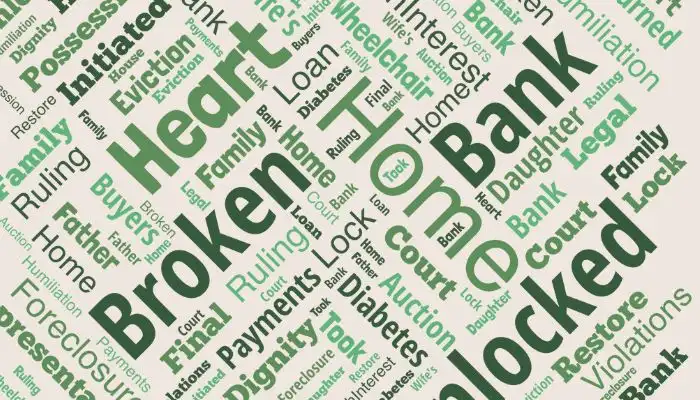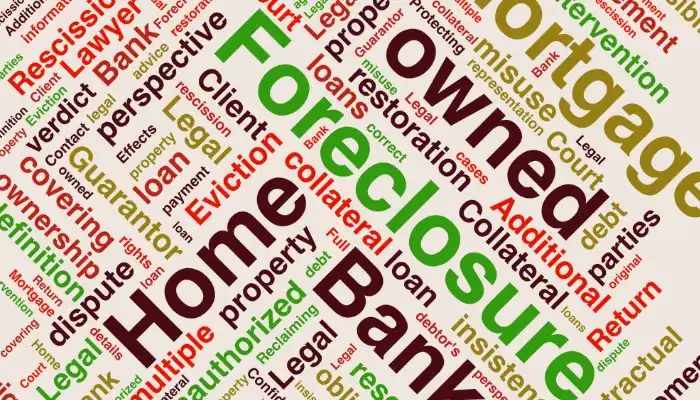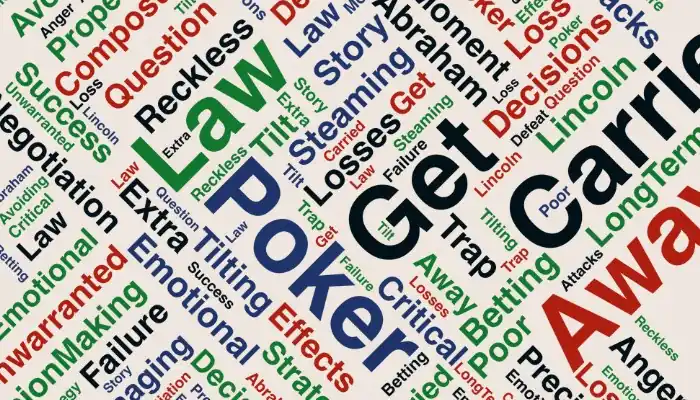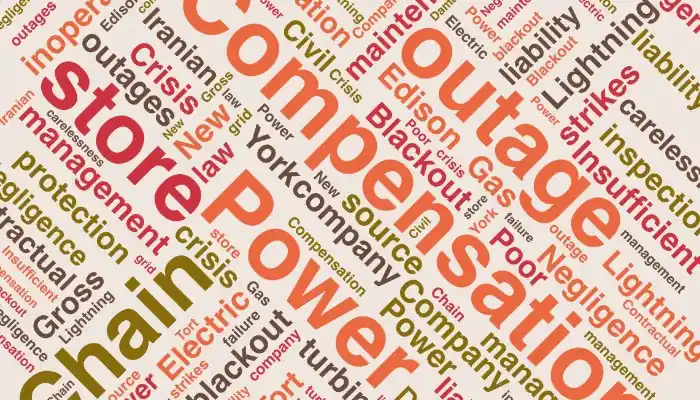The family home that the bank seized and evicted in front of the daughter was returned to her after the court ruling.
Imagine being unable to walk or work due to diabetes, sitting in a wheelchair next to your wife and young daughter when the doorbell rings. You see a bank representative with an officer and several workers who have come to evict you because you failed to pay the loan installments on time, and the house now belongs to the bank. How would you feel if, at the moment of eviction, you realized that your only shelter was now in the bank’s name and you had to vacate it? What would you expect from the bank if your daughter witnessed this event? How would you feel if you begged the bank to postpone the eviction for a few days to prepare your child emotionally, but they refused?
Now, listen to the story of this case: A man lost his home in an earthquake. Using his previous savings and a loan from a private bank, he managed to become a homeowner again. The interest rate on the loan was high, but since he was employed, he could make the payments. However, he later developed diabetes, became wheelchair-bound, and lost his job, making it impossible to keep up with the high-interest loan payments.
The bank initiated foreclosure proceedings without notifying him and put his house up for auction. Since no buyers participated in the auction, the bank took possession of the entire property to cover the debt. The real agony wasn’t losing the house; it was the humiliation of this father as the officials evicted him in front of his daughter and handed the house over to the bank.
In this case, the wife’s utmost effort was to restore her husband’s dignity in the eyes of their daughter. After obtaining legal representation and filing a lawsuit, the bank’s and the Notary Public Office’s violations were proven in court. Ultimately, with the final court ruling, the house was returned to the family.




